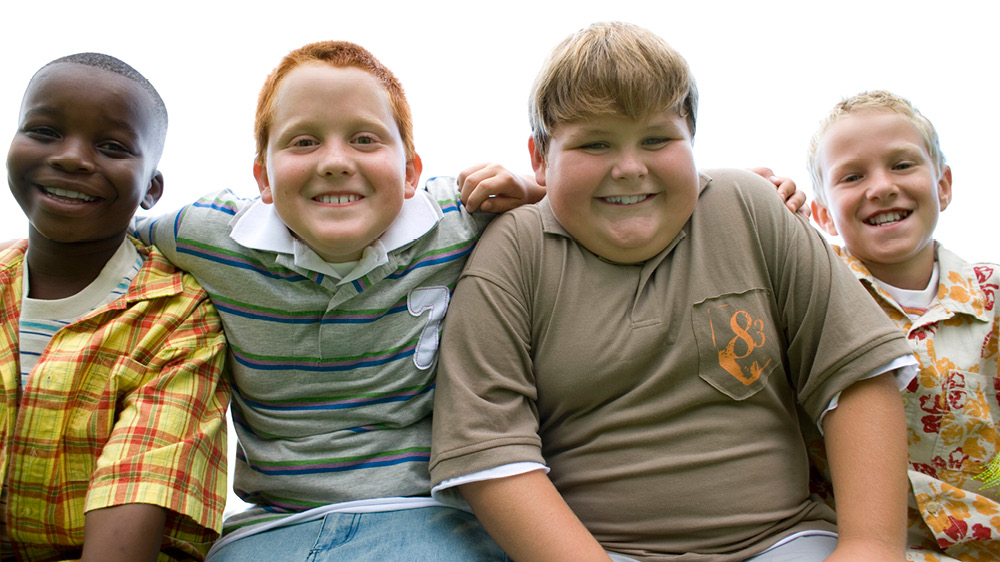Research indicates that childhood obesity is often present before the age of five. Childhood obesity can have long-term impacts on their health and well-being. Learn what you need to know about the effects and the ways you can keep your child healthy.
Is genetics a factor in childhood obesity?
Childhood obesity is influenced by many factors, including genetics and environmental factors. Other risk factors include
- Excess screen time
- Increased portion sizes
- Irregular eating habits
- Overconsumption of sugary drinks and processed foods
- Not enough sleep
In some cases, obesity can be linked to specific conditions like hormonal, genetic or central nervous system disorders. We should think about these possibilities when we notice other signs, such as delayed development, short stature or late puberty. Talk to your child’s provider about taking a personalized approach.
Long-term impact
Higher risk of chronic conditions
Childhood obesity can lead to physical health conditions, emotional disorders and social difficulties. Children with obesity have an increased risk of conditions like
- Fractures
- High cholesterol
- Hypertension
- Sleep apnea
- Type 2 diabetes
Mental health
Obesity often carries significant social stigma and places substantial pressure on individuals to conform to thin standards. Children with obesity have a higher risk for
- Anxiety
- Depression
- Disordered eating
Financial impact
The health problems that come with childhood obesity, like high cholesterol, high blood pressure and diabetes, require frequent visits with providers and tests. This can cost a lot of money for patients.
Preventing childhood obesity
Parents can play a crucial role in promoting healthy living. The American Academy of Pediatrics (AAP) provides a framework of what goals should look like. The 5-2-1-0 rule: 5 fruits/vegetables per day, less than 2 hours of screen time, 1 hour of physical activity per day and 0 sugary drinks.
Mobile apps can help with self-monitoring and can help track progress. Registered dietitians can also provide valuable support in creating goals and meal plans.
Have fun with exercise
Start with achievable goals and help kids find the physical activity they enjoy. The best success comes when families make changes together. Family activities that are enjoyable and promote physical activity include
- Biking
- Daily walks
- Roller blading
- Roller skating
- Swimming
Learn more with three tips to keep your kids moving!

